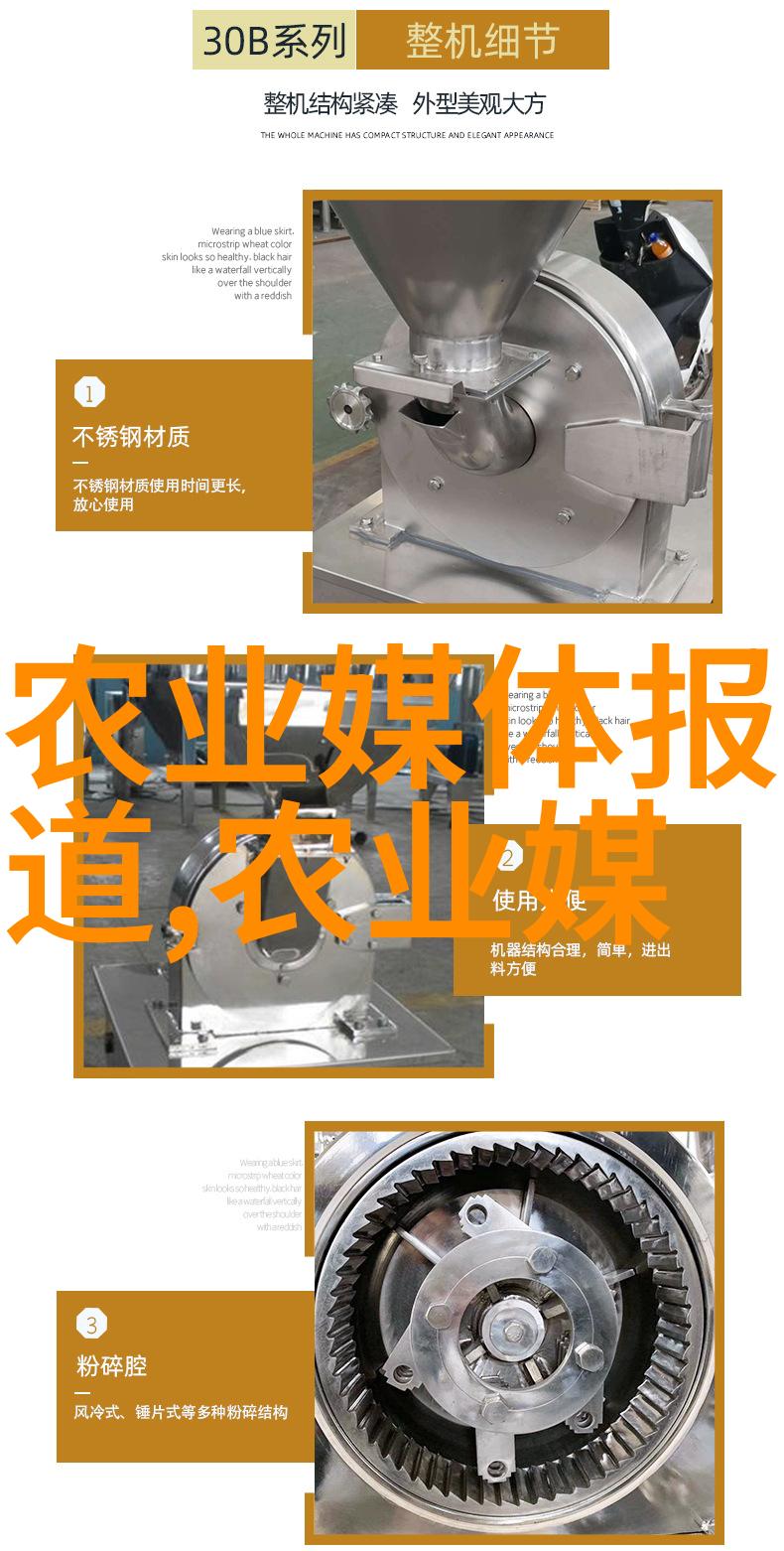农业机械化进程及其对效率提升的影响
一、引言

在当今世界,农业生产不仅是人类赖以生存的基础,也是经济发展的重要支撑。随着科技和工业化水平的不断提高,农业机械化已成为推动农作物产量和质量显著提高的一大力量。然而,这种变化也带来了新的问题,比如环境污染、土地退化等。因此,对于如何通过机械化进程来提升农业生产效率而又保持可持续性,是当前面临的一个挑战。
二、农业机械化历史与现状

agriculture mechanization, the process of using machines and technology to perform tasks that were previously done by humans or animals, has a long history. From the first plow to modern combine harvesters, agricultural machinery has been a key factor in increasing food production and improving efficiency. Today, with advances in automation and precision farming techniques, farmers are able to use data-driven approaches to optimize their operations.
三、机器人技术在现代农业中的应用

The application of robotics in agriculture is one area where mechanization is having a significant impact. By automating repetitive tasks such as planting seeds or harvesting crops, robots can help reduce labor costs while also improving accuracy and consistency. For example, autonomous tractors can be programmed to follow specific routes through fields based on satellite imagery analysis.
四、精准扶贫与智能灌溉系统

Precision irrigation systems are another example of how technology is being used to improve agricultural productivity while reducing waste. These systems use sensors and soil moisture monitoring devices to determine exactly when plants need water – rather than relying on guesswork or traditional methods like flooding fields.
五、气候变化对农作物产量影响及应对策略

Climate change poses a major threat to global food security as it alters weather patterns which affect crop growth conditions. However, scientists have discovered that some types of agricultural machinery could potentially mitigate these effects by allowing for more efficient use of resources such as water.
六、未来展望:绿色革命2.0?
As we look towards the future of agriculture mechanization it seems likely that there will be an increased focus on sustainability alongside efficiency gains. The "Green Revolution" was characterized by high-yielding crop varieties but at considerable environmental cost; now we have the opportunity for what might be called "Green Revolution 2.0," where technological innovation goes hand-in-hand with ecological stewardship.
七结论:
In conclusion, while there are many challenges associated with implementing agricultural mechanization across different regions worldwide (such as access issues), there's no doubt about its potential benefits - from boosting yields through improved resource management all over ensuring sustainable practices stay ahead in this competitive world economy market place today!



